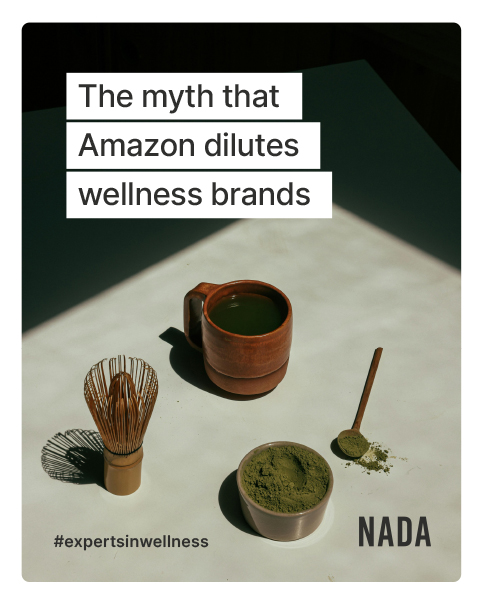Evolution of Supplement Branding: A 20-Year Journey of Health and Innovation

Over the past two decades, the supplement industry has witnessed a remarkable evolution in branding strategies.
As consumer awareness about health and wellness has grown, supplement companies have adapted their branding approaches to reflect changing trends, scientific advancements, and consumer preferences.
Let's delve into the transformative journey of supplement branding over the last 20 years.
- Early 2000s: The Wellness Wave Begins
In the early 2000s, supplements were primarily associated with fitness enthusiasts and bodybuilders. Brands focused on packaging that showcased muscular imagery and bold typography, targeting a niche audience seeking physical performance enhancement. - Mid-2000s: Emphasis on Science and Credibility
As consumers demanded more transparency, supplement branding started highlighting scientific research and endorsements from health professionals. Clean and clinical designs with images of lab equipment conveyed credibility and trust. - Late 2000s: Holistic Approach
The late 2000s saw a shift toward holistic wellness. Brands began incorporating natural elements and earthy tones into their branding to convey a more holistic and balanced approach to health. Emphasis on clean labels and organic ingredients became common. - Early 2010s: Personalization and Customization
With the rise of e-commerce, supplement companies started offering personalized options. Branding focused on customization, using interactive tools on websites to guide users toward tailored supplement choices. - Mid-2010s: Lifestyle Integration
Supplement branding expanded beyond the fitness realm and integrated into consumers' daily lives. Brands began associating their products with various lifestyles, such as vegan, keto, or paleo, tailoring their designs to match those identities. - Late 2010s: Minimalism and Sustainability
Minimalist branding gained popularity, reflecting a desire for simplicity and transparency. Sustainable packaging and eco-friendly practices were highlighted to resonate with environmentally conscious consumers. - 2020s: Digital Transformation and Storytelling
The current decade has seen a surge in digital marketing. Brands leverage social media platforms to share stories about their products, ingredients, and the impact on consumers' lives. Authenticity and inclusivity have become essential elements of branding.
In this 20-year journey, supplement branding has evolved from being niche and fitness-centric to encompassing holistic wellness, personalization, and sustainability. The transformation reflects a deeper understanding of consumer needs and desires, as well as advances in scientific research. As we continue into the future, supplement branding will likely continue to adapt to new technological trends, health discoveries, and evolving consumer preferences.







Latest News

After GLP-1: The New Reality for Weight-Loss Brands
This is not just a market change. It is a cultural one. And it has forced brands to confront an uncomfortable question. What are you actually offering now?
Read Post
Amazon UK Wellness Brands: Why Amazon.co.uk Is No Longer Optional
When your product is not visible on Amazon UK, you are not just missing traffic. You are missing buyers with clear intent.
Read Post